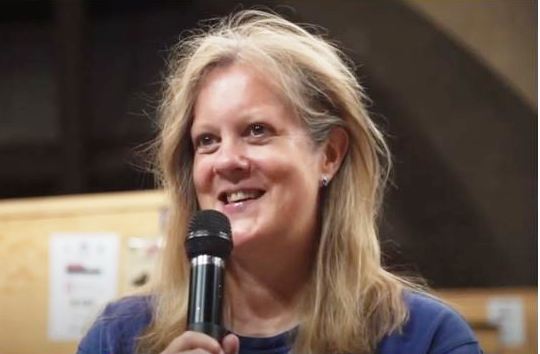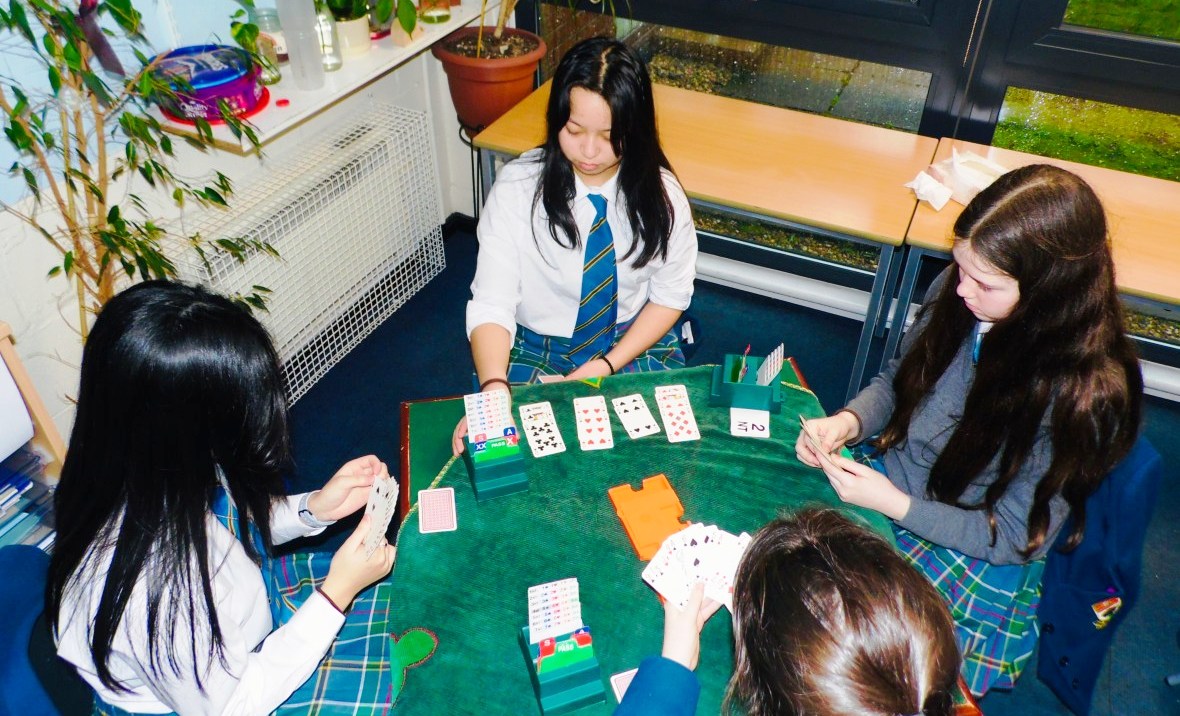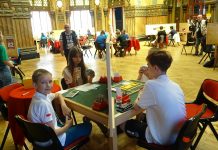The 15-year-old girls made history at the Peggy Bayer bridge tournament in Belfast
Three Scottish schoolgirls who were taught the card game bridge to improve their maths skills have made history, beating older players at a major UK tournament.
The trio, who are all 15 years of age, are the youngest female players to represent Scotland at the annual competition. It is also thought to be one of the first occasions when three girls have played for their country in the Peggy Bayer bridge tournament.
Their success comes as research at Stirling University has revealed that some of the world’s top bridge players believe female brains are better suited to expressing emotions, while the male brain is more likely to cope with the kind of rigorous competition seen at elite levels of chess and bridge.

Samantha Punch, professor of sociology at the University of Stirling and a bridge grandmaster, is among the few women who play mixed-sex bridge at an international level. She conducted the interviews with 52 leading players around the world and said she was disappointed with the findings.
“These are really educated people and there were both men and women believing that there was something about the wiring of brains,” she said. “They were quoting very traditional old neuroscience, such as men are from Mars and women are from Venus, meaning women are too emotional and men are logical.”
In reality, she said, there is a “drip, drip” of blatant and unconscious sexism which undermines women’s progression in the sport. She said because the game is played in pairs “most men do not want to play with women because they perceive they are not as good as them”. She added: “You will not be perceived as their equal until you are really better than them.”
Punch said that at international tournaments electronic scoring devices used during games were nearly always passed to the male opponent in a mixed pair.
“I sometimes play with a male partner,” she said. “Someone can come up and ask us a question about something that happened in bridge. They will ask him. I will be invisible.”
While local community bridge clubs tend to have more women, or equal numbers of male and female members, the top of the game is dominated by men who do not necessarily perceive any problems, she said.
Punch noted that one player had dismissed the concerns she aired until he spoke to his own female bridge partner and found she had multiple similar experiences of sexist behaviour.

She added it was exciting to see the S4 pupils, Rachel Yu, Niamh Reid and Isla Jamieson from the High School of Glasgow, disrupting perceptions of the game.
The schoolgirls are part of a research project at the University of Stirling to harness the potential of the game to teach maths concepts and other skills.
To play bridge, participants have to communicate with their partner in code about the cards in their hand, calculate the odds of who holds which cards, problem solve and plan ahead.
Jamieson said: “I am so thankful for this opportunity to represent my country. [Playing bridge] requires me to do a lot of thinking that helps me to succeed in my school subjects. It also makes me improve my memory and addition.”
The Peggy Bayer tournament took place in Belfast last week and the Scotland under 21s team took third place.
Punch said: “This sends an extremely positive message to young women wanting to play bridge and progress to an elite level. It busts myths around bridge being an ‘old person’s game’ and goes against the gender stereotypes present in bridge uncovered by our previous research.”

























